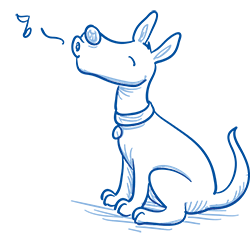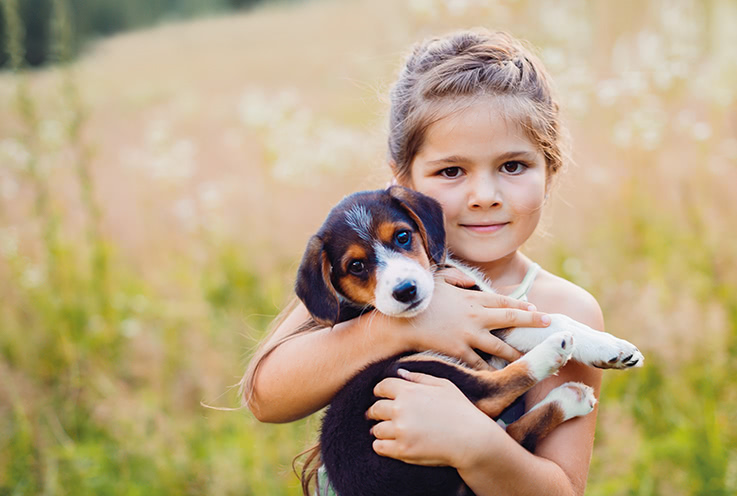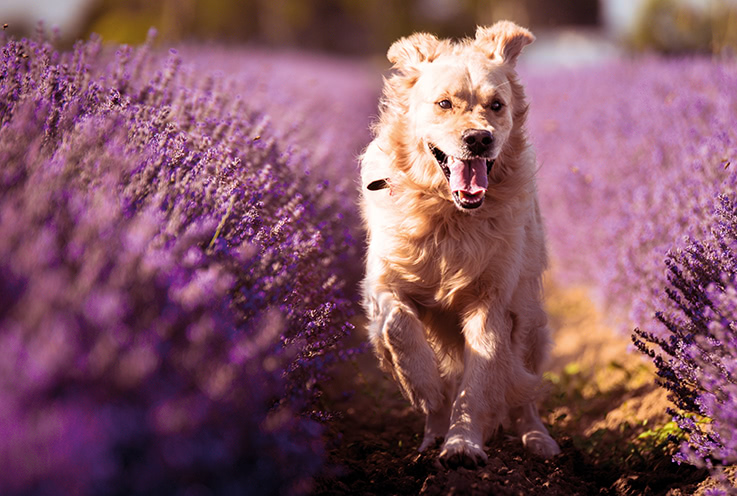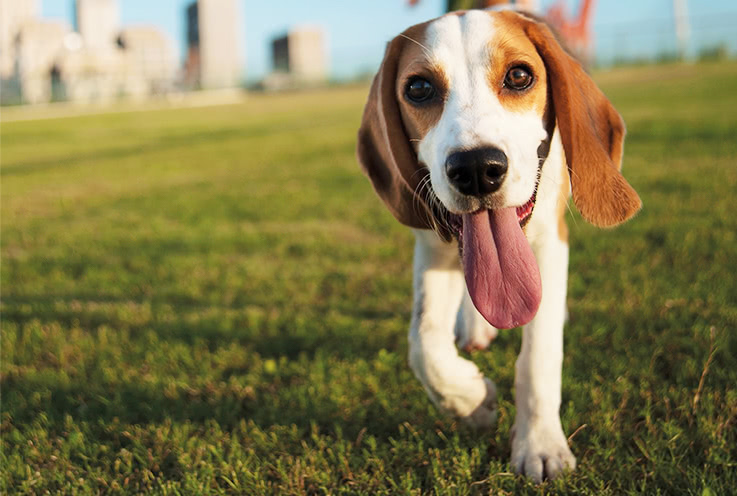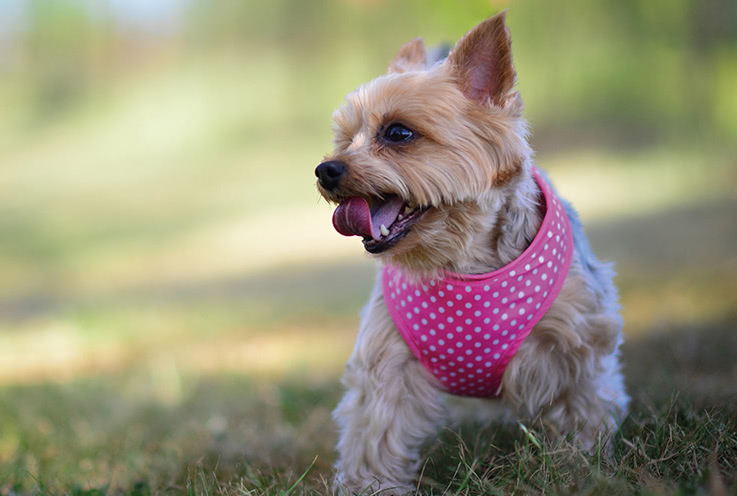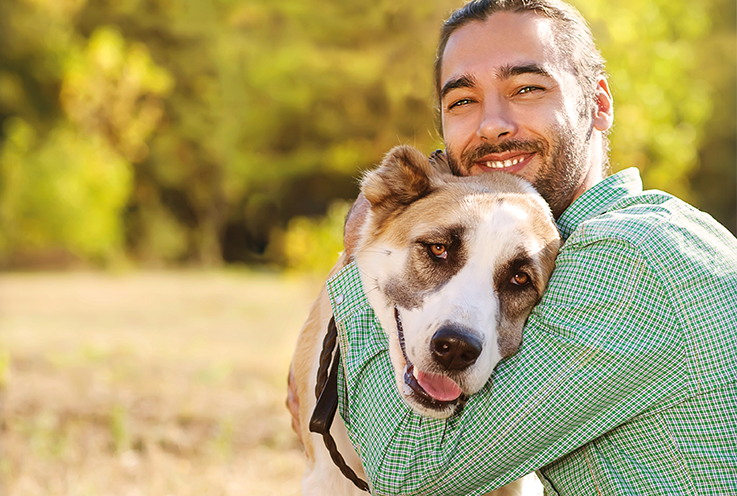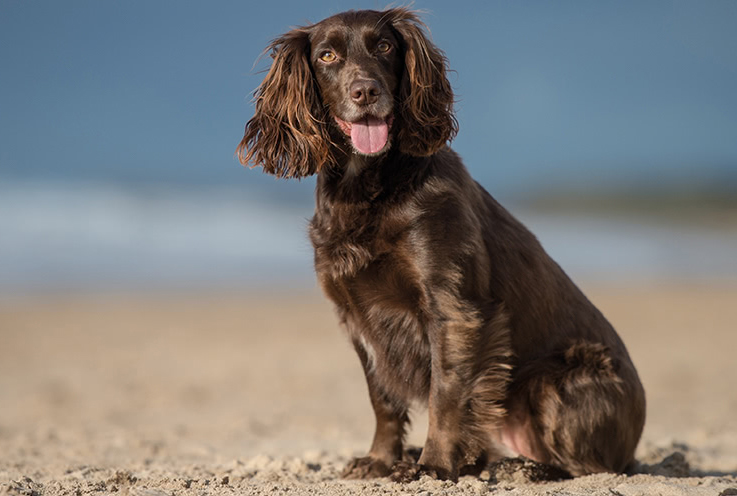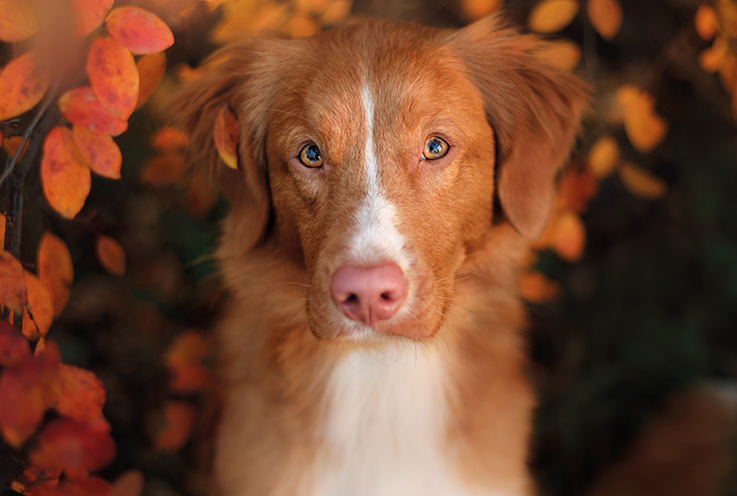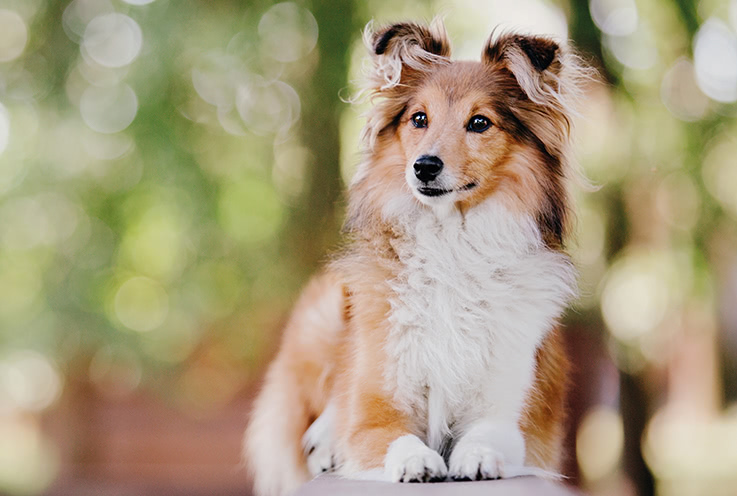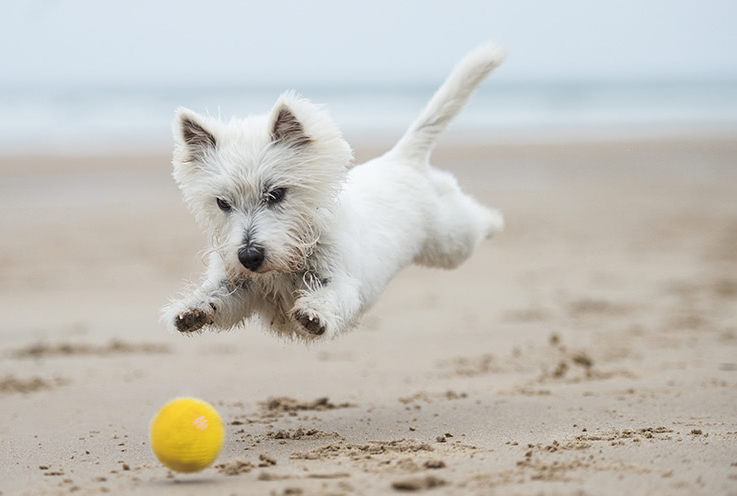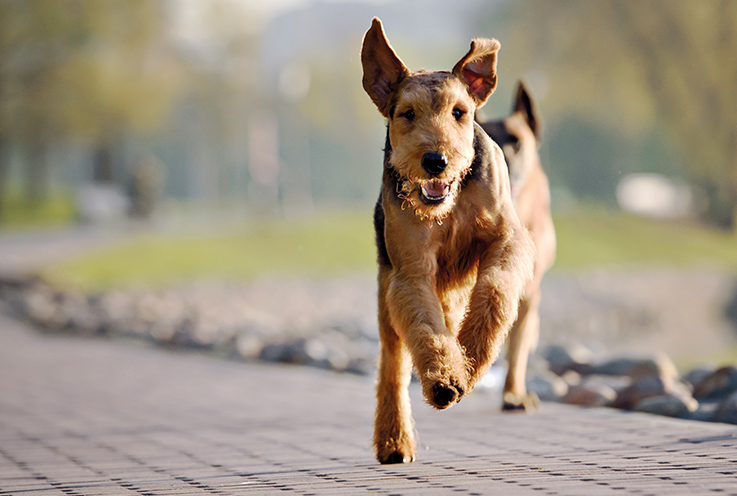-
For dogs
Dog
- Dry food
-
Dry food
- Puppies
- Adult
- Senior
- Special food
-
- Wet food
-
Wet food
- Puppies
- Adult
- Senior
- Special food
-
- Dietary food
- Protein selection
- Cereals & Vegetables
- Dietary supplements
- Chews & Snacks
- Care products
Top categories
- Dry food
-
For cats
Cat
- Dry food
-
Dry food
- Kittens
- Adult
- Senior
- Special food
-
- Wet food
-
Wet food
- Kittens
- Adult
- Senior
- Special food
-
- Dietary food
- Protein selection
- Cereals & Vegetables
- Dietary supplements
- Chews & Snacks
-
Chews & Snacks
- Special for cats
- Beef
- Buffallo
- Canard
- Venison
- Fish
- Goat
- Goose
- Hermetia
- Kangaroo
- Lamb
- Ostrich
- Poultry
- Baked goods
- 100% Nature
-
Top categories
- Dry food
-
Reward shop
Rewards
-
Our offers
Offers
-
Pet Food Assistant
Pet Food
There are no products in your shopping cart!










